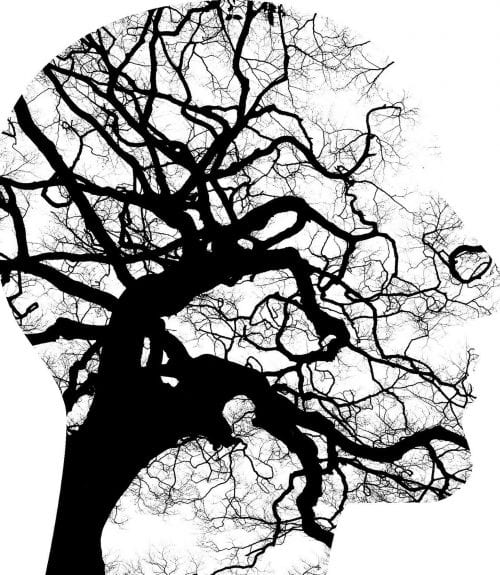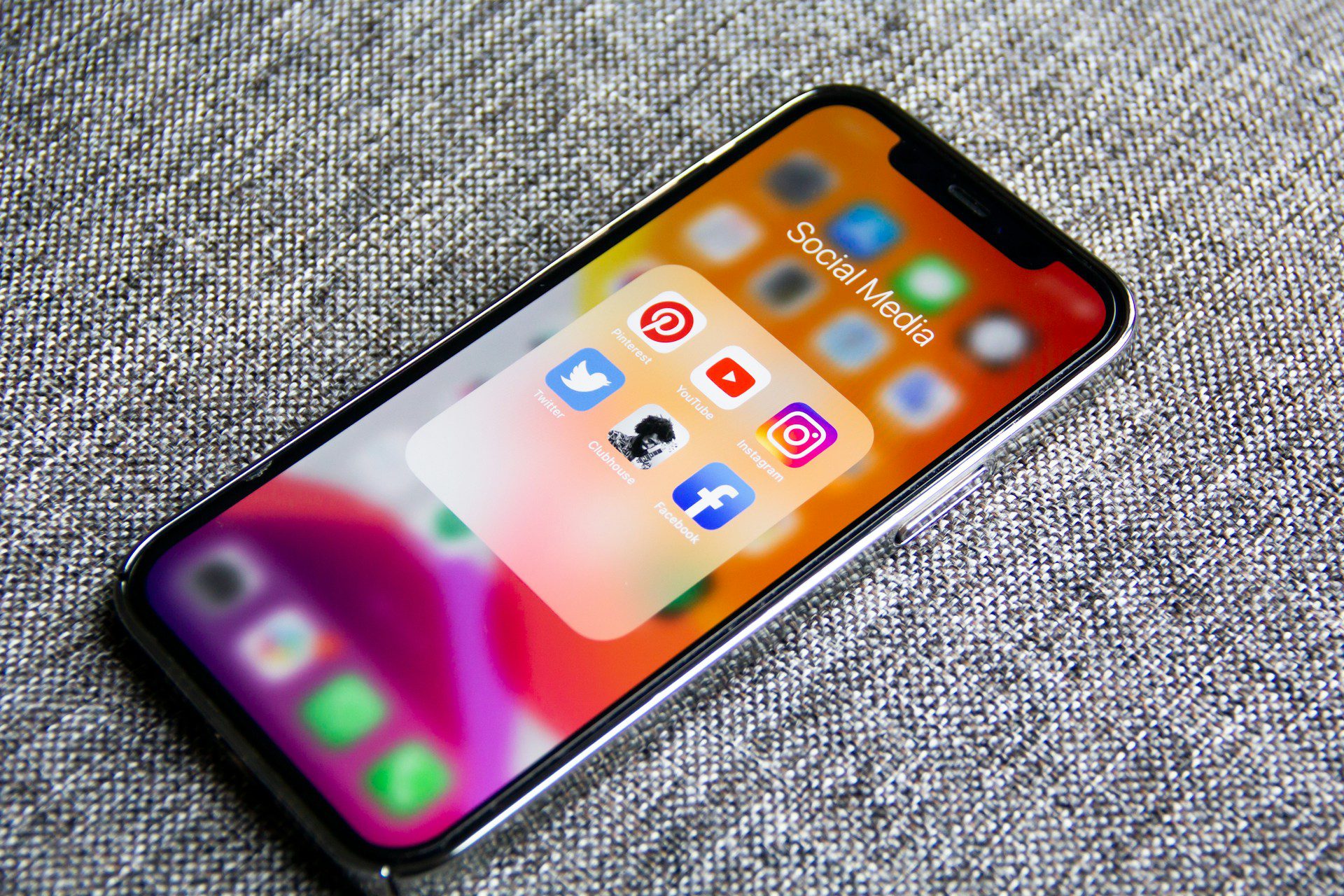How Social Media Negatively Impacts Teen Mental Health
 Social media platforms have become an integral part of modern teenage life, offering opportunities for connection, self-expression, and entertainment. While these platforms can be beneficial, they can also have significant implications for teen mental health. In this article I’ll discuss some of the potential negative impacts of social media on adolescent well-being, focusing on factors such as unrealistic beauty standards, cyberbullying, FOMO (fear of missing out), and the addictive nature of social media platforms.
Social media platforms have become an integral part of modern teenage life, offering opportunities for connection, self-expression, and entertainment. While these platforms can be beneficial, they can also have significant implications for teen mental health. In this article I’ll discuss some of the potential negative impacts of social media on adolescent well-being, focusing on factors such as unrealistic beauty standards, cyberbullying, FOMO (fear of missing out), and the addictive nature of social media platforms.
Comparison and Self-Esteem
One of the most significant ways social media can negatively impact teen mental health is through upward social comparison. When teens constantly see curated, often idealized images of their peers’ lives on platforms like Instagram and TikTok, they may experience a distorted perception of reality. This can lead to feelings of inadequacy, low self-esteem, and even envy. As adolescents navigate the already complex process of self-discovery and identity formation, the pressure to conform to unrealistic standards can exacerbate feelings of anxiety and depression.
Cyberbullying
Cyberbullying, a pervasive issue on social media platforms, poses a significant threat to teen mental health. Some individuals use these platforms to engage in harmful behaviors such as spreading rumors, sharing embarrassing photos, or sending threatening messages. Victims of cyberbullying may experience a range of negative emotions, including anxiety, depression, and even suicidal thoughts. The anonymity and reach of online platforms can exacerbate the psychological impact of cyberbullying, making it difficult for victims to escape or seek help.
Addiction and Sleep Problems
The addictive nature of social media platforms can have a detrimental impact on teens’ well-being. Excessive screen time, often fueled by the constant stream of notifications and rewards, can lead to sleep disturbances. Staying up late and scrolling through feeds disrupts natural sleep patterns, making it difficult to fall asleep and stay asleep. Chronic sleep deprivation can have a cascade of negative consequences, including difficulty concentrating, mood swings, and decreased academic performance. Additionally, sleep deprivation has been linked to an increased risk of mental health issues such as anxiety and depression.
Fear of Missing Out (FOMO)
The fear of missing out (FOMO) is a common experience among adolescents, and social media can amplify this feeling. When teens constantly see their friends’ exciting activities and experiences shared online, they may feel left out and anxious about missing out on opportunities. This can lead to a constant need for validation and a sense of urgency to be “in the know.” The pressure to maintain a constant online presence and participate in all social events can contribute to feelings of stress, anxiety, and even depression.
Closing Thoughts
As a parent, it’s essential to recognize the significant role social media plays in your teen’s life. While these platforms can offer opportunities for connection and self-expression, it’s crucial to monitor their use and address any potential negative impacts. By encouraging healthy habits, such as setting screen time limits, discussing the importance of online safety, and fostering open communication, you can help your teen navigate the digital landscape in a positive and balanced way. If you notice signs of distress, anxiety, or changes in behavior related to social media use, don’t hesitate to intervene and offer support. Your role as a parent is vital in guiding your teen toward a healthy and fulfilling relationship with technology.

Matthew A. Webster, MA, MS, ED.D, LPC
Martin Counseling, PLLC in Katy, TX.
Dr. Matt Webster is a professional educator, nutritionist, and therapist located in the Houston, Texas area. He specializes in couples therapy, sexuality, and maladaptive eating patterns with a focus on the role of nutrition. More About Matt >>
Last modified:









